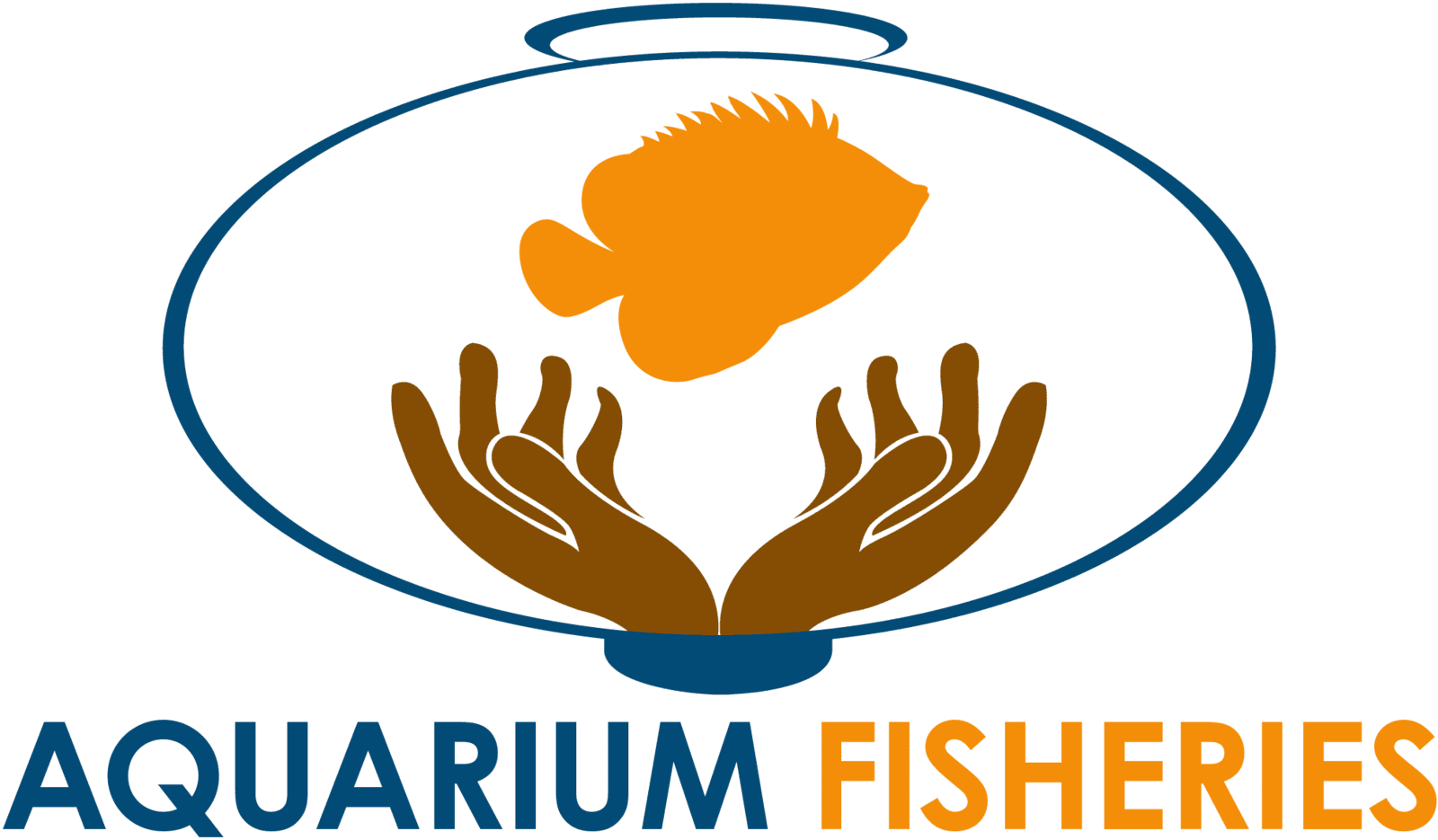Guest Authors: Adriel Prayoga, Research Officer and Ryannyka Dwi Astuti, Research and Education Manager, LINI
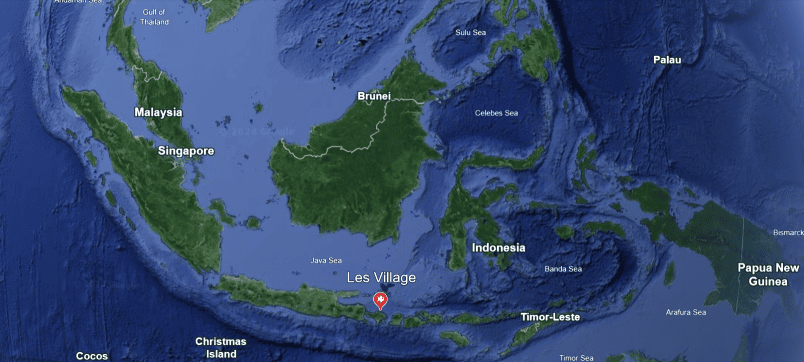
IndoReefFish partners Adriel Prayoga and Ryannyka Dwi from LINI, an Indonesian fisheries conservation NGO, introduced Aquarium Fisheries' Director Paul Anderson to fishers from Les Village, a community in North Bali where fishers have been collecting reef fishes for the marine aquarium trade for generations. LINI has been working with this fishing village for over a decade, providing training in sustainable fishing and business practices.
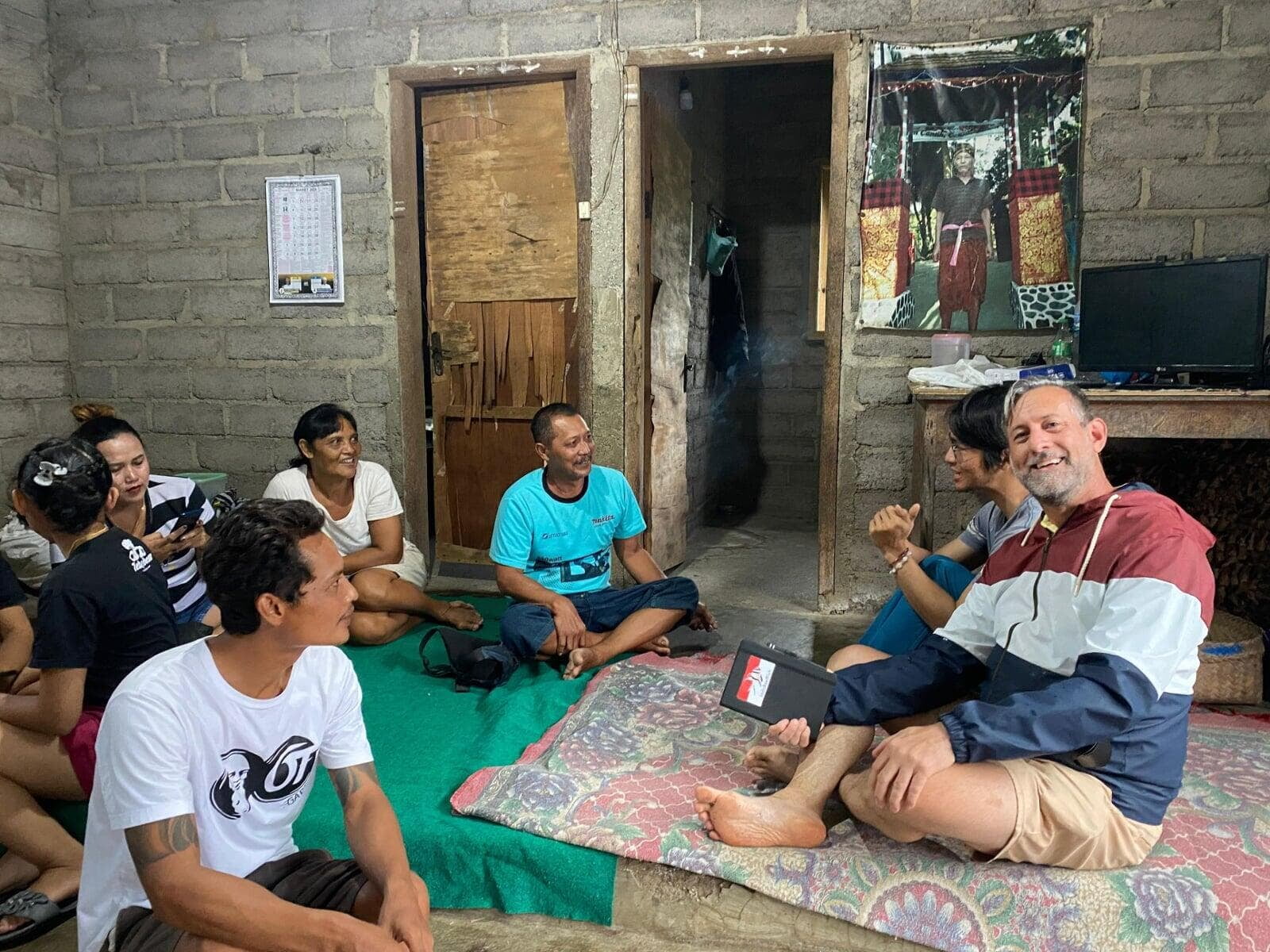
After our conversation with Jabo, featured in last week's newsletter; the team visited father and son team Nengah Arsana and Gede "Gara" Artanegara and their family. Like Jabo, Nengah is also a veteran aquarium fisher in Les Village. He has taught his son Gara his craft, and Gara now fishes alongside him, following in his footsteps.
As with Jabo, Nengah has also seen improvements to his fishing business after working with LINI for many years. Nengah used to be a roving fisher and lamented the high operational costs associated with this practice. In the past, he would be beholden to his buyers; borrowing money from them to afford the long fishing trips. When it came time to sell his catch to his buyer, sales were offset by the expenses of the trip, making it difficult for him to save money for his family.
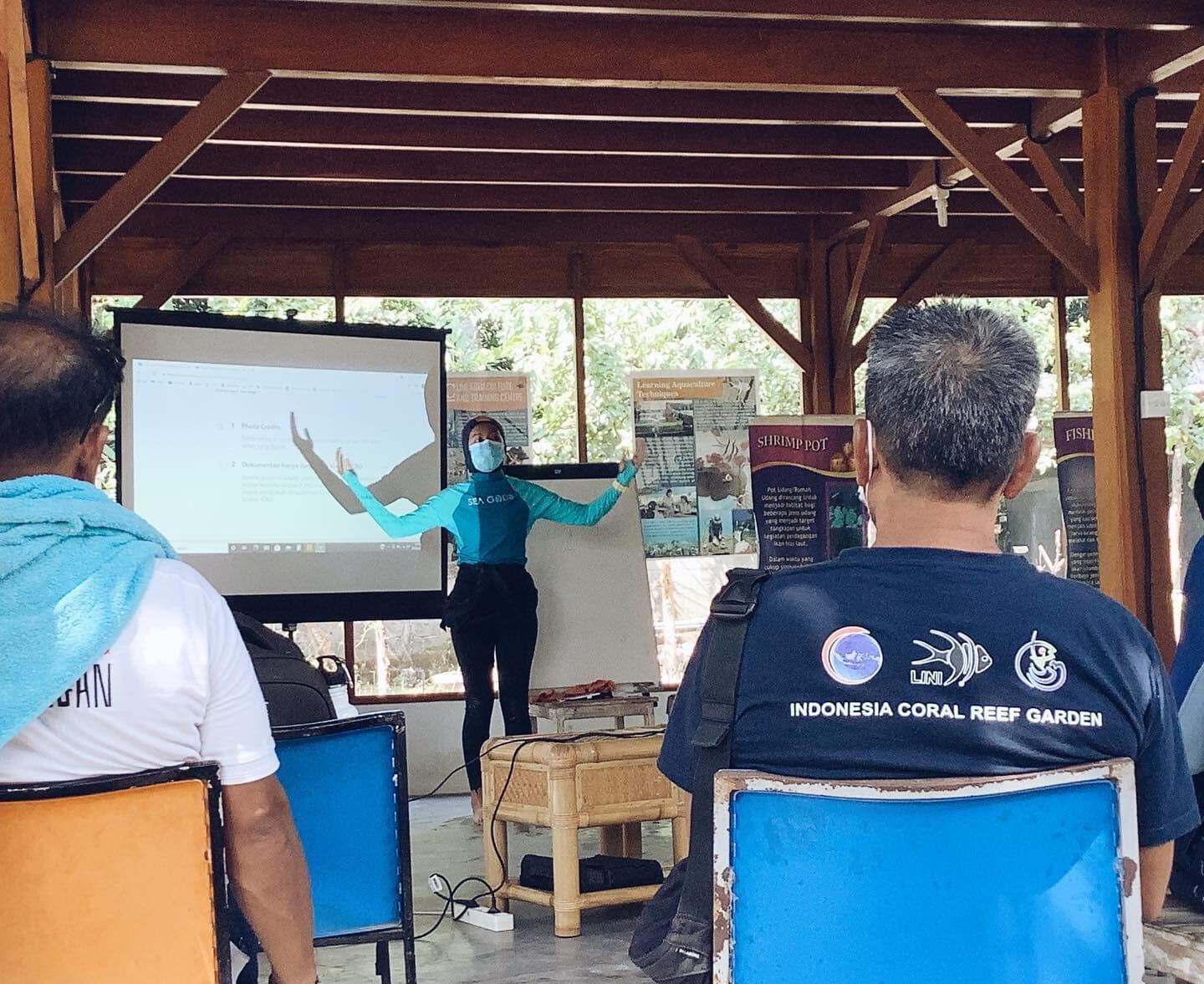
Now, Nengah and Gara attest to improvements in their fishery business after participating in LINI's programs. They've implemented the following practices in their operations:
- Fishing locally
- Using sustainable fishing methods
- Conducting targeted fishing, specified by species and size, to fill buyers' orders
- Packing fish with certain species to keep aggressive fish separated
The Mina Lestari Fishers Group
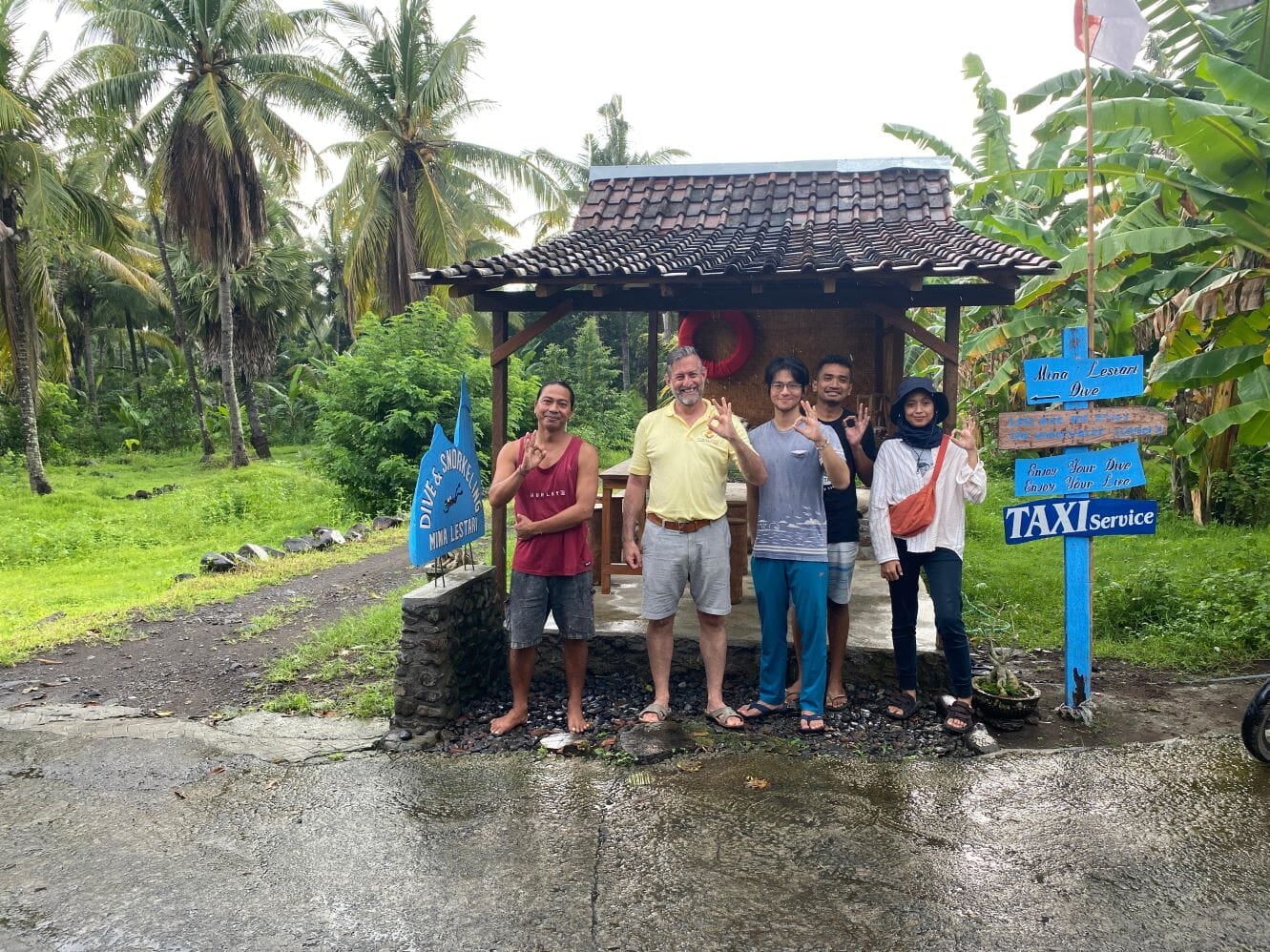
The fishers have organized under a fishers group: Mina Lestari. The group provides many benefits to the fishers, and to the coral reefs that they fish.
Some of the member benefits that fishers enjoy is thanks to the leader of the group, Made Partiana. A marine aquarium fisher since 1997, Made is charismatic, outgoing, and has a good command of the English language. This makes him particularly well-suited to represent the fishers to stakeholders in the community and region. Made also runs a dive tourism and taxi business, contributing a portion of revenues back to the group.
Fishers and the reefs that they fish also benefit from group membership in the following ways:
- The group provides a community where fishers can learn sustainable fishing and business practices from each other
- The group pitches in to a "rainy day" fund to support members in need. These funds can be used to purchase fishing gear, or to help a member with burial costs upon the passing of a family member, for example.
- The local government recognizes and considers the Mina Lestari as an important part of the community. They have provided the group with fishing equipment and nets in the past, for example.
- The group has also established a good relationship with their district's fisheries authority. The authority has a field staff member that regularly visits and updates the fishers with government information.
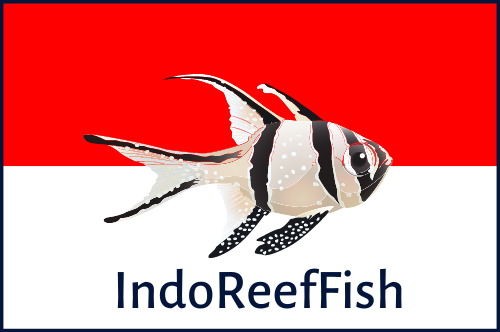
IndoReefFish aims to introduce the concept of co-governance of marine aquarium fisheries to fishing villages across Indonesia. Villages in remote regions of the country can be empowered to manage their own natural resources in partnership with their fisheries agencies; learning from the example set by Mina Lestari.
IndoReefFish is empowered by its partners: The John G. Shedd Aquarium, Aquarium Fisheries, Rare and LINI; and the support of the Association of Zoos and Aquariums and marine aquarium fishery businesses, associations, and agencies across Indonesia. Its goal is to showcase a model of sustainable sourcing of marine aquarium fishes that links public aquaria and zoos to the reefs that they exhibit, and the people whose livelihoods depend on those reefs. This program is sponsored by the Institute of Museum and Library Services.
Our next series of newsletters on IndoReefFish will introduce you to traders and exporters that purchase fish from these fishers, providing for the livelihoods of their families. Stay tuned.
